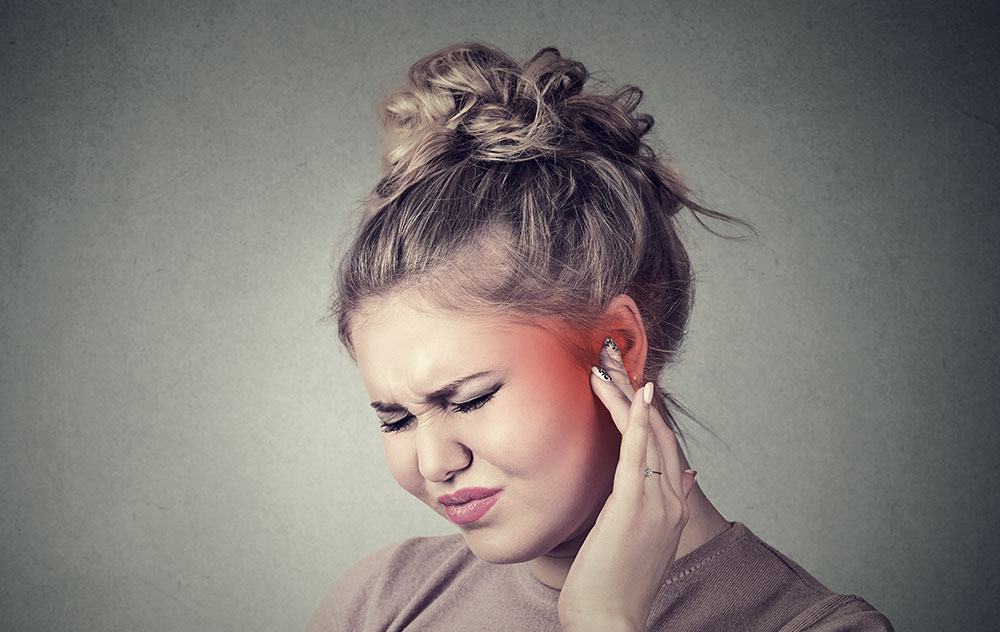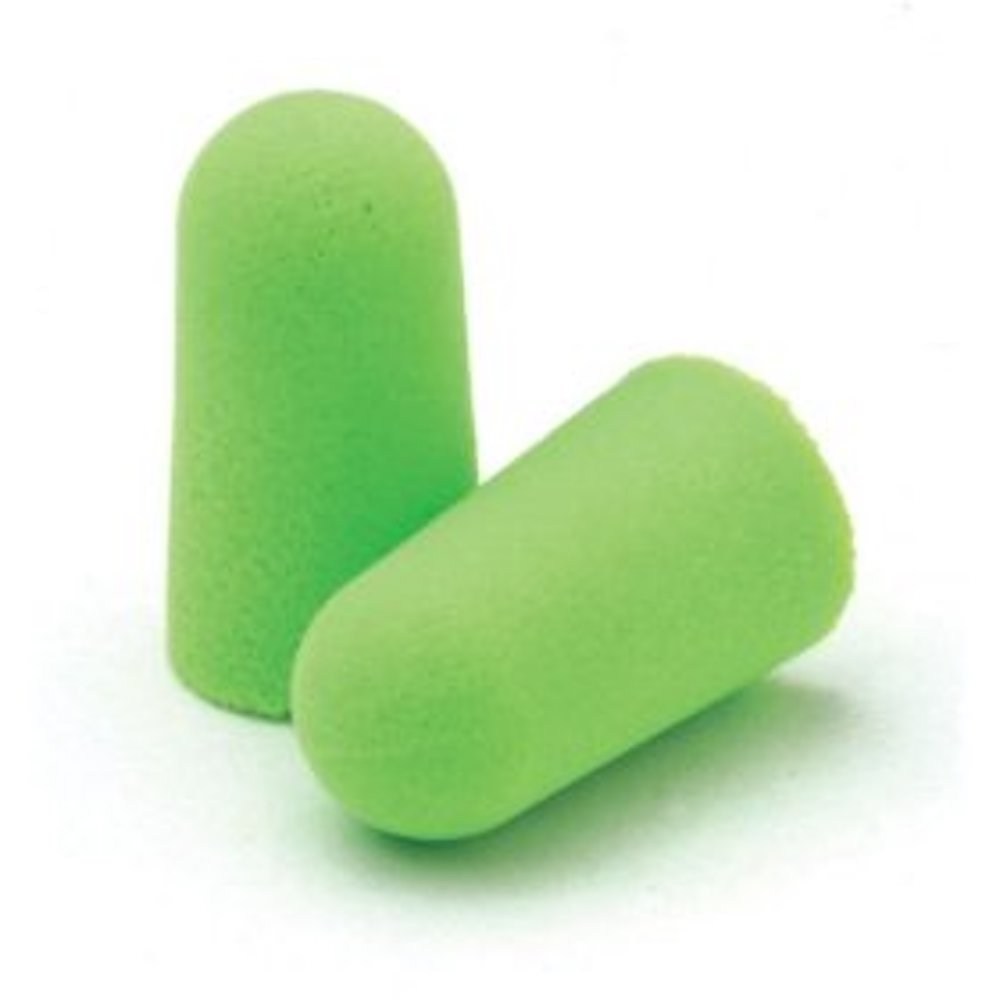3 Questions to Ask Your HIS About Hearing Protections
There are so many things to ask your hearing instrument specialist when it

By: admin | March 18, 2020
There has been a steady increase in people experiencing tinnitus over the past few decades. Indeed, it is estimated that somewhere in the region of 13% of the population may have the condition, though, of course, to varying degrees. This is a percentage that is expected to grow in the next two decades, due in part to the prevalence of headphone and earphone use at high volumes. However, while there is no established “cure” for tinnitus, hearing health professionals are beginning to figure out new and sophisticated ways to manage the condition. Below, we outline some of the most popular and effective methods that can be used to keep the effects of tinnitus to a minimum.
One of the most effective ways to reduce the symptoms of tinnitus is to wear a hearing aid that “masks” the sound of the ringing. It’s placed in the ear and, when turned on, emits a low “white noise” sound that covers the sound of the ringing. It’s additionally useful for people who have tinnitus and some sort of hearing loss since it can provide both functions. Though this type of management isn’t right for everyone, there is a simple way to see if it’s right for you — put your head next to a faucet and turn the tap on, and listen to what you hear. If the sound of the rushing water covers the sound of the tinnitus, then it might be the correct option.
Not everyone that experiences tinnitus is aware of it at all times. It could be that it’s mostly imperceptible during the rush of the day, when the sounds of the streets, working environments, and television cover up the sound. But when there is no other noise, it can become an issue. This is especially true at night when a person with tinnitus is trying to sleep. Since there are no other sounds in the room, all the person can focus on is the noise that’s inside their ears — and this can make falling asleep more difficult. One way to get around this issue is to use a sound machine. This is a device that is placed in the bedroom that emits a white noise loud. It works in a similar way to a hearing aid that has masking features, but it is not placed in the ear. There are some devices that are built specifically for people that experience tinnitus, but if a person only has a mild version of the condition, then a general white noise generator can work. As well as sleeping, these devices can also be used in a home office, if it’s too quiet.
One of the more modern and advanced ways of managing tinnitus is to use tinnitus retraining therapy. This is a type of therapy that trains the person with the condition to effectively ignore the sound of the ringing. It has been effective for many people, who can switch off their attention to the ringing on a conscious and subconscious level. It has been likened to how the brain handles sounds like tapping rainfall; your mind would pay attention when it first came to your attention, but after a while, your mind switches it off. The same principle hopes to be applied to your tinnitus through retraining therapy. This form of management must happen with the expertise of a professional. It is a multi-layered approach, one that uses the person’s individual habits and lifestyle as a grounding aspect of the treatment.
There are also ways to manage tinnitus through lifestyle modifications. There are various things that can make the condition worse. For instance, there are medications that can heighten the symptoms of tinnitus; changing to a safer medication may help. The condition can also be managed better by quitting smoking and reducing the amount of alcohol that you consume. Smoking can damage the blood flow to the ears, and also functions as a stimulant, which can increase the loudness of the ringing in your ears. Alcohol spikes a person’s blood pressure, which will make the tinnitus louder and easier to notice. It’s also important that you have your earwax removed, as tinnitus can be induced if there’s a wax blockage in the ear. If you’re experiencing tinnitus and you’re ready to begin the journey towards better management of the condition, then get in touch with The Hearing Guy. You can call us at (828) 333-5781.

There are so many things to ask your hearing instrument specialist when it
By: admin | February 29, 2024

Individuals tend to think of tinnitus as being solely connected to loud
By: admin | February 29, 2024

Are you trying to find the proper ear protection for your work environment
By: admin | January 31, 2024
